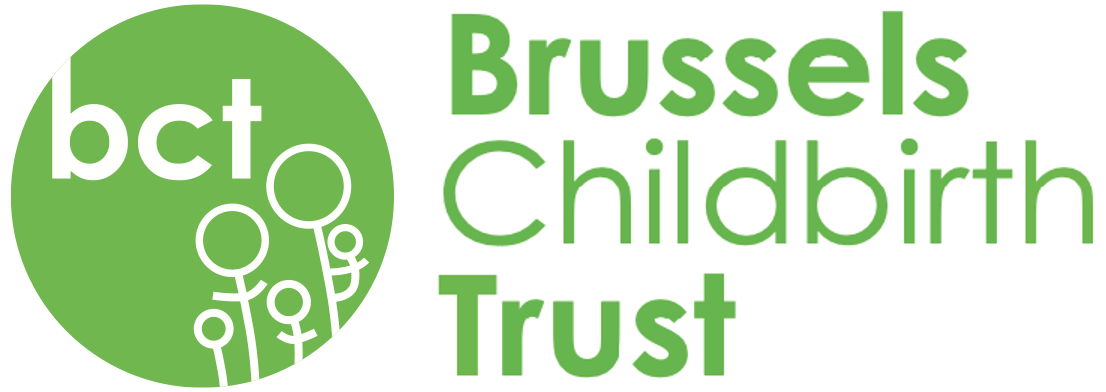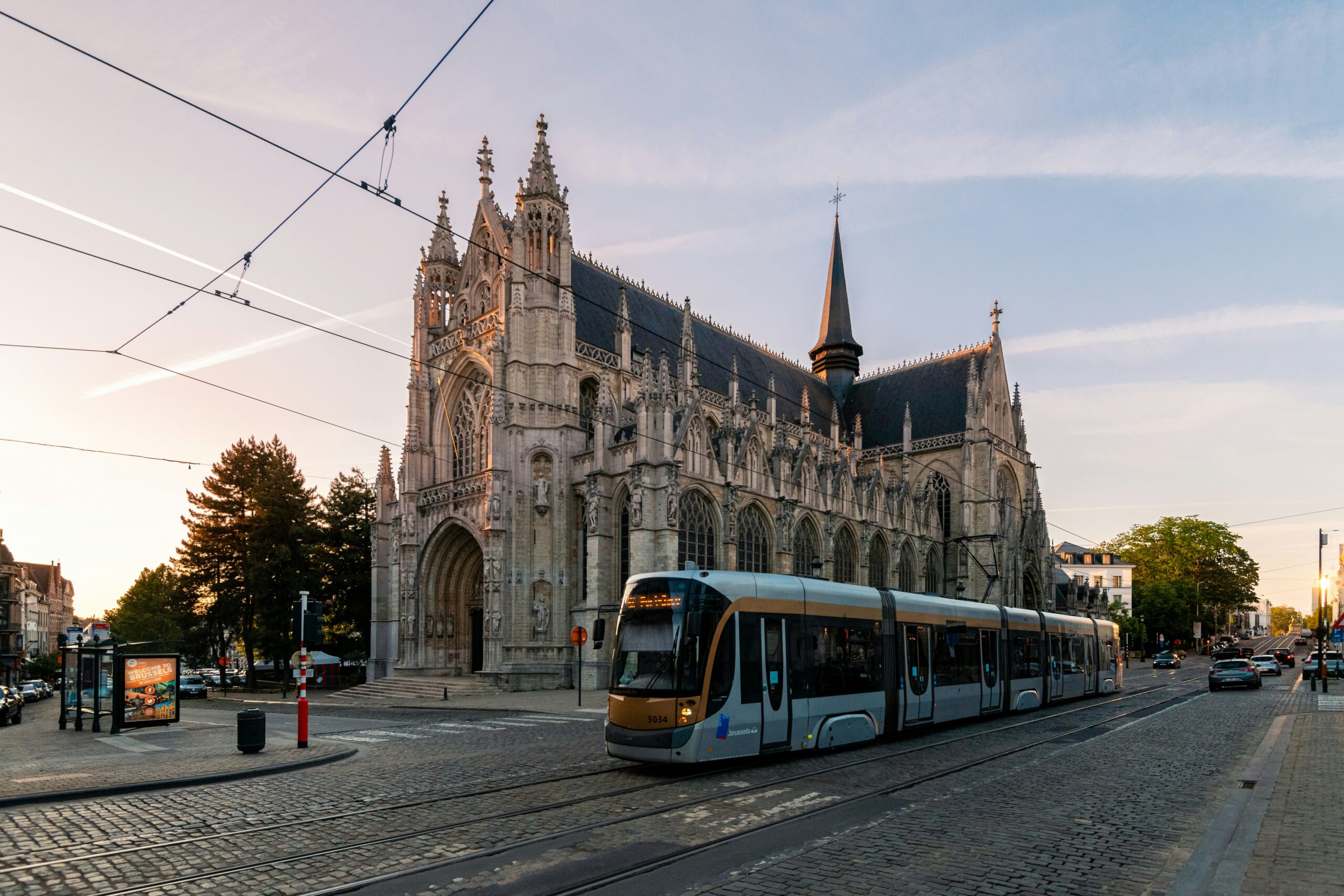To mark International Women’s Day in 2020 and 2021, the Brussels intercommunal transport company (STIB/MIVB) published interesting information about important women in Belgium’s history, who have been remembered in the capital (stibstories.be).
You may be familiar with some of these women, or the bus, tram or metro stops named after them for one day or permanently:
- Edith Cavell, an English nurse in Brussels during the First World War who was executed for helping allied soldiers to leave occupied Belgium. A clinic is also named after her.
- Marguerite Bervoets, a poet and teacher from Tournai, who was executed for her role as a Belgian resistance fighter during the Second World War.
- Elisabeth, a former queen. While in exile with her husband, King Albert I, during the First World War, she became a nurse and cared for injured allied soldiers. Friends with Einstein and Colette, she was unconventional and independent. Elisabeth earned the nickname ‘the Red Queen’ because of her rebellious nature, as she often evaded royal protocol.
- Merode, Princess Jeanne de Merode, founder of the national oeuvre for military veterans. A square nearby has her name.
- Marie-José, daughter of Queen Elisabeth and King Albert I, wife of Umberto II of Italy. Known as the Queen of May, she was only Queen of Italy for one month, from May to June 1946, when King Victor-Emmanuel II abdicated at the start of the Italian Republic, the country’s regime change voted in by referendum. Marie-José was exiled to Switzerland but remained non-conformist, giving her opinion on topics usually reserved for men.
There has been a recent and growing awareness to redress the imbalance of male-female place names in Belgium, as elsewhere in Europe, as I wrote in a previous issue of Small Talk.
Since 2019, STIB/MIVB has renamed its stops after these notable women:
- Jeanne Herremann, one of the first female tram drivers, who lived in Uccle in the 1960s.
- Isabelle Gatti de Gamond, a Belgian feminist who founded secondary schools for girls.
- Clemence Everard, the first women graduate of medicine, surgery and obstetrics.
- Rosa Parks, an African American civil rights militant.
- Audrey Hepburn, the British actress and UNICEF ambassador.
- Marguerite Duras, French novelist, screenwriter, scenarist, playwright and film director (near a square that bears her name).
- Marie Depage, First World War nurse (near a street named after her).
- Marie-Christine, Hapsburg archduchess and one of Marie-Antoinette’s sisters
- Andrée De Jongh, Belgian resistance fighter, born in Schaerbeek, founder of the Comète network, assisted the escape of allied pilots.
- Amélie Gomand, born in Jette, mother of Edmond Tircher, mayor of Jette from 1904 to 1909.
- Fernande Volral, Belgian resistance fighter and executed during the Second World War.
- Marie-Louise, first Queen of Belgium, wife of Léopold I.
Also look out for these stops to be renamed or opened in 2023:
- Akarova, a Belgian dancer, choreographer and sculptor, born in Saint-Josse-ten-Noode.
- Juliette Wytsman, Belgian impressionist painter.
- Jacqueline Harpman, Belgian writer.
- Ginette Javaux, Belgian expressionist painter.
There are 14 times more streets in Brussels named after men than after women! (Equalstreetnames.brussels)
Most bus and tram stops are named according to the streets nearby. It is, therefore, not surprising that the number of bus and tram stops named after men is greater than the number named after women. Changing street names to reflect more women is complicated because of the administrative consequences which affect residents. Nevertheless, it is a long-term project of the Brussels region and its communes.
Changing the name of a metro station is also on the agenda of the Brussels Minister of Mobility, who makes such a decision working with the STIB. Renaming a station is equally complicated for many practical reasons which concern the station’s infrastructure, vehicles, network and identity within the commune.
It’s not just the Brussels public transport system which is honouring more women.
The management of UC Louvain (Belgium’s largest French-speaking university) decided in 2021, at the request of its students, to rename some existing auditoriums or new buildings after women. At that time, only 2 of the university’s buildings were named after women – Saint Barbe and Marie-Curie, the rest were named after men. As well as the name change, a plaque will be installed to explain a little about the women’s lives. (Lalibre.be 8 2 2022)
The Leopold Tunnel linking Koekelberg Basilica with Yser Square was renamed Annie Cordy Tunnel in 2021. Brussels residents chose the name following a vote which now honours the Belgian actress and singer, who died in 2020 aged 92.
Closer to home and to our hearts, BCT members chose to rename the Woluwe group in memory of former group organiser, Ciara O’Dwyer, who sadly passed away in 2020.
Women who have touched other people’s lives, in big or small ways, will be remembered across the globe on 8 MARCH and all year round.
So, when you sit on a bus, tram or metro with your child this year and travel through one of these stops, we hope after reading this article, you will be able to explain to them why it was given such a name and spread the word about these important women. You never know, maybe one day your child will have a tram station named after them!
By Alison Plater
This article was first published in the Spring 2023 edition of the BCT’s Small Talk magazine.






